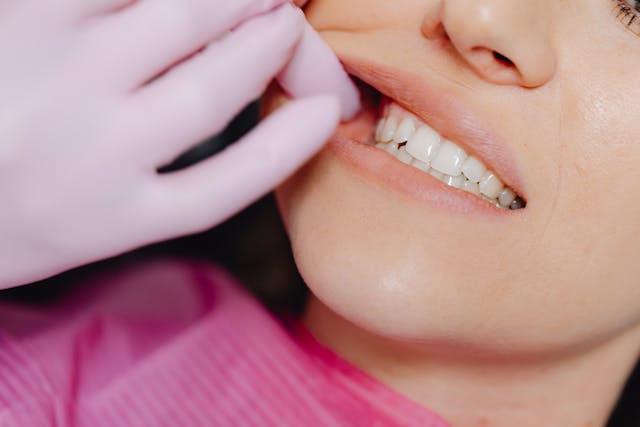
Maintaining good oral health goes beyond brushing and flossing at home—regular teeth cleanings play a significant role, too. They offer more than just a bright smile; cleanings help protect your teeth and gums for years to come. If you’ve been wondering why scheduling that dentist appointment matters, here’s a breakdown of how professional cleanings support your overall oral health.
The Benefits of Good Oral Health
Good oral health is about more than just keeping cavities at bay. It influences your comfort, confidence, and even how you enjoy your favorite foods. Maintaining healthy teeth and gums reduces the likelihood of gum disease, tooth decay, and bad breath. It also helps you retain your natural teeth, providing a strong foundation for chewing and speaking with ease. Teeth cleanings are an effective way to support oral health. By addressing built-up plaque and tartar that regular brushing can’t eliminate, dental professionals help prevent these issues from becoming more serious over time.
How Often to Should Schedule a Cleaning
The general recommendation is to visit your dentist every six months for a cleaning. However, the ideal frequency can vary based on your specific needs. You might need more frequent visits if you’re prone to gum disease, have a history of cavities, or are managing certain medical conditions. Your dentist can recommend the best schedule based on your individual oral health. These visits aren’t just about cleaning your teeth; they’re also an opportunity to discuss your dental hygiene routine and ask any questions you may have.
What to Expect During a Cleaning
If you’ve never had a professional cleaning or it’s been a while, the process is straightforward and stress-free:
- Typically, a cleaning begins with an evaluation of your teeth and gums. This might include X-rays if the dentist needs a closer look at areas below the gumline.
- Next, the hygienist will use tools to remove plaque and tartar buildup. You might hear light scraping sounds, which is completely normal. Afterward, they’ll polish your teeth with a gritty toothpaste that cleans and brightens.
- Finally, they’ll floss between your teeth to remove any remaining debris, leaving your mouth feeling squeaky clean.
Some cleanings may also include a fluoride treatment to strengthen your enamel and help prevent decay. The entire process typically takes about 30 to 60 minutes, depending on the condition of your teeth.
How Teeth Cleanings Support Oral Health
Professional cleanings go deeper than the daily care you handle at home. Plaque—a sticky film full of bacteria—forms on your teeth every day. If it isn’t removed, it hardens into tartar, a substance that brushing and flossing alone can’t tackle. Tartar can lead to gum irritation and, potentially, gum disease. During a cleaning, a dental hygienist uses specialized tools to remove both plaque and tartar.
Teeth cleanings also include polishing your teeth, which smooths the surface and makes it harder for new plaque to stick. This not only protects your teeth but also leaves your mouth feeling refreshed. Additionally, your dentist or hygienist may check for early signs of potential issues, such as cavities or gum inflammation. Catching these concerns early makes treatment more effective and less invasive.
Also Read: When Smiles Align: The Hidden Toll of Misaligned Teeth on Your Health
Take Charge of Your Oral Health Today
Regular teeth cleanings are a simple yet effective way to maintain your oral health and prevent problems before they start. Whether it’s your first cleaning or time for a return visit, you’ll feel the benefits immediately. Don’t wait to get started—schedule your next cleaning today and give your teeth the care they deserve. Your dentist will guide you every step of the way. Healthy smiles are always worth the effort.








